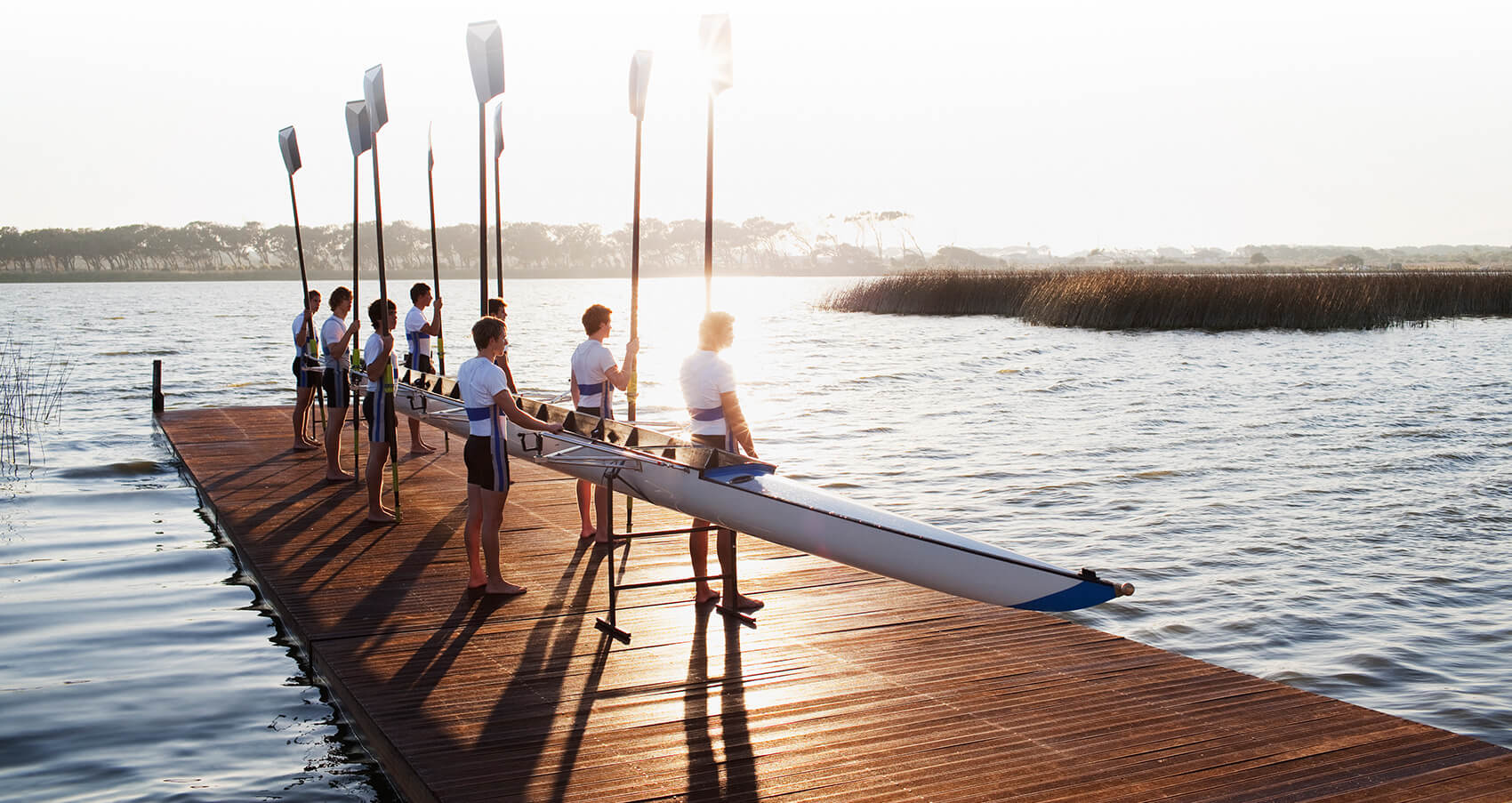How it Works
For
Administrators

The most important asset you have with young athletes and allies is their trust—which you can cultivate by keeping them safe. The MAAPP helps you honor that trust by setting standards for adult behavior and training that reduce the likelihood of abuse of young athletes.
Who Does the MAAPP Apply To?
Adult Participants in the U.S. Olympic and Paralympic Movement with regular contact with or authority over Minor Athletes. If you are outside the Movement and unsure if the MAAPP applies to you, check with a director or athlete safety liaison.
When Does the MAAPP Apply?
When there is “in-program contact”—meaning, these three conditions exist: An Adult Participant, a Minor Athlete, and contact or activity related to sport participation.
What Administrators Should Know
Though recommended of all sport administrators with regular contact with or authority over young athletes—the MAAPP is required of certain administrators in the U.S. Olympic and Paralympic Movement.
Exceptions exist. Learn more here and see page 16.
1
Complete annual abuse prevention training through the SafeSport™ Trained Core and Refresher courses
2
Ensure one-on-one interactions with Minor Athletes are observable and interruptible
3
Let parents/guardians watch their child’s individual training sessions and obtain consent forms from them annually
4
Ensure a second Adult Participant is always present in the room during massages, rubdowns, and other athletic training modalities
5
Ensure that locker rooms and changing areas are monitored and that semi-private or private changing areas are provided
6
Include another Adult Participant or parent/guardian on all electronic communication (text, email, social media) with Minor Athletes
7
Have written parent/guardian consent to transport a Minor Athlete alone, or have another Adult Participant or at least two minors with you
8
Offer abuse prevention training to parents and youth, if applicable

Get Trained
We offer free live virtual MAAPP trainings tailored for sport administrators, as well as more than a dozen abuse prevention courses at safesporttrained.org.
